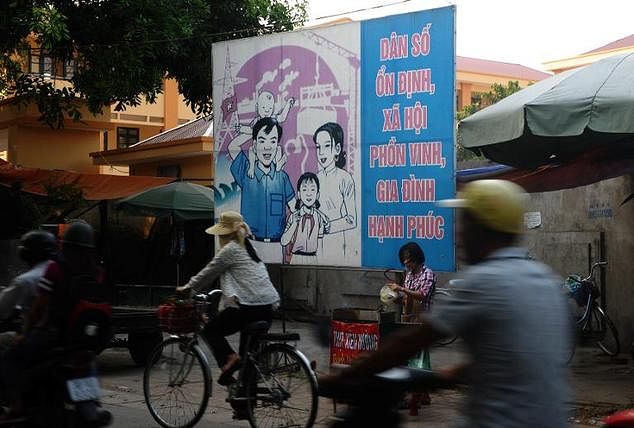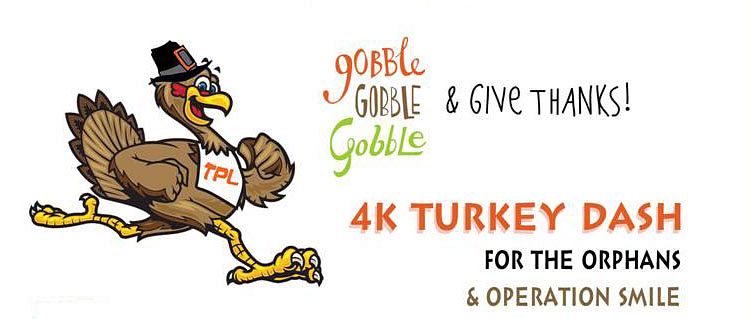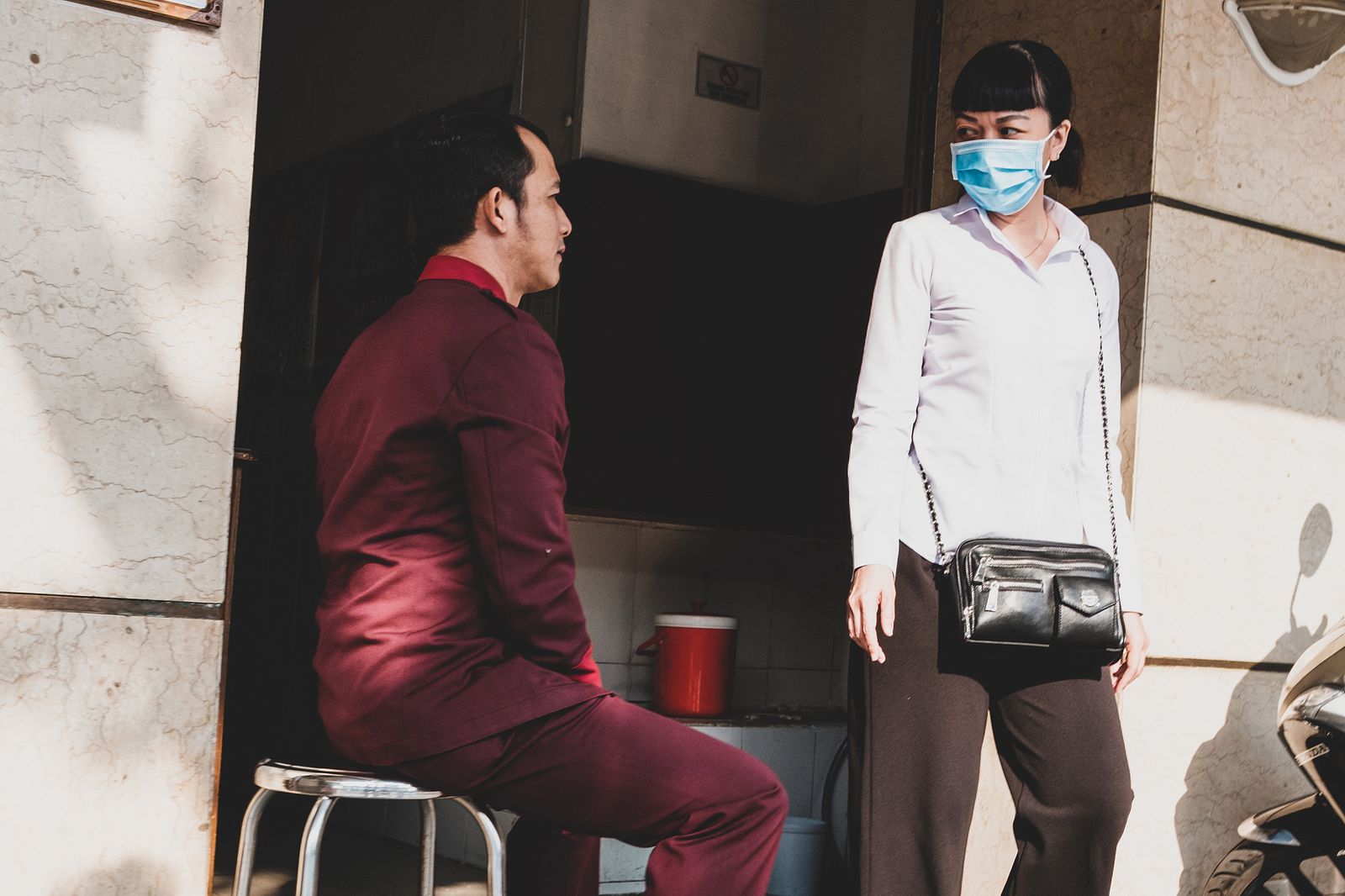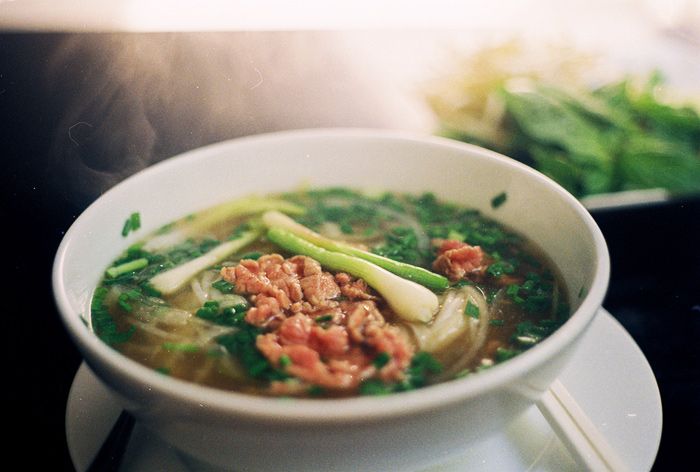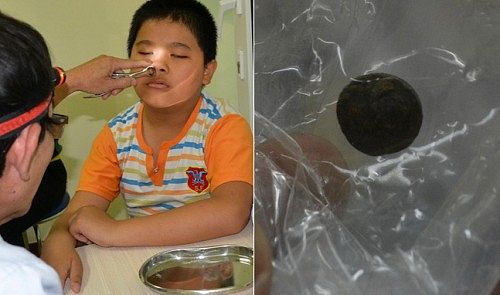[UPDATE BELOW] On the heels of yesterday’s news that nearly every street drink contains high levels of bacteria and heavy metals, a new report has found that 80% of rice noodles tested contained a banned, cancer-causing chemical.
Between June 15 and June 25, the Center for Study and Consultation on Consumerism (CESCON), collected 30 samples of six types of Vietnamese rice noodle, including pho, bun, banh canh, banh hoi, banh cuon, and banh uot. Samples were randomly taken from three supermarkets (Co.op Mart Cong Quynh, Maximark Cong Hoa, and Big C Hoang Van Thu), five markets (Pham Van Hai, Ben Thanh, Tan Son Nhat, Go Vap, and Ba Chieu) and a grocery in Tan Binh District.
Out of the 30 samples, 80% were found to contain tinopal, a chemical banned by the ministry of health.
100 percent of the banh canh, banh hoi, and banh uot samples were found to contain the banned chemical, while bun and pho checked in at 56 percent and 75 percent, respectively.
Tinopal can wreak havoc on an individual’s digestive system and can cause kidney and liver failures as well as cancer, warned CESCON deputy director, Do Ngoc Chinh.
At the local markets where the tainted noodles were found, vendors claimed that they didn’t know where their products were produced.
Maximark and Coop Mart were surprised by the findings since they claimed that the products passed safety checks required under the law. After the report, Maximark suspended sales of rice noodles.
While it may be relatively easy to remove the tainted products from supermarket shelves, street stalls are an entirely different ballgame. Many types of street food rely on rice noodles as a base for their dish. Without proper awareness, and more importantly, safe alternatives, what choice do they have?
It’s an incredibly tall order but authorities must work harder to enforce food safety standards, especially during production.
[Tuoi Tre]
Update 31/7: The HCMC departments of Health and Industry are refusing to recognize the Center for Study and Consultation on Consumerism (CESCON) report that found high levels of toxicity in dozens of rice noddle samples.
Officials from the departments have said that CESCON did not follow proper procedures and should have reported the findings to relevant agencies prior to a public announcement,
“I don’t think we will do anything to handle this. It’s the right of any association to conduct surveys like such, but they should follow some stipulations when it comes to figuring out and publicizing the final conclusion,” said Le Ngoc Dao, deputy director of the Department of Industry and Trade.
This is a procedural issue rather than a rejection of the findings, though they will be reviewed to confirm their validity.
Update 14/8: HCMC food safety officials have identified and blacklisted a number of rice noodle producers for adding optical brighteners, cleaners and oxalic acid to their products.
Businesses that have been officially blacklisted include: The blacklist names Hoang Thanh, a home business on Hong Bang Street, District 6; Phuong Dung, a home business on Phan Huy Ich Street in Go Vap District, and Cat Tuong Company on Road 50, Go Vap District.
According to Professor Chu Pham Ngoc Son, chairman of Ho Chi Minh City Chemistry Association, since health officials began testing for banned chemicals in June, the rate of contamination has dropped significantly from nearly 100% to 5% in August.
With such a dramatic drop, we're slightly suspect of these statistics but at least it looks like things are trending the right way.



